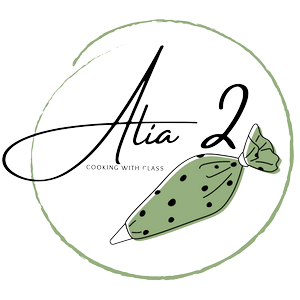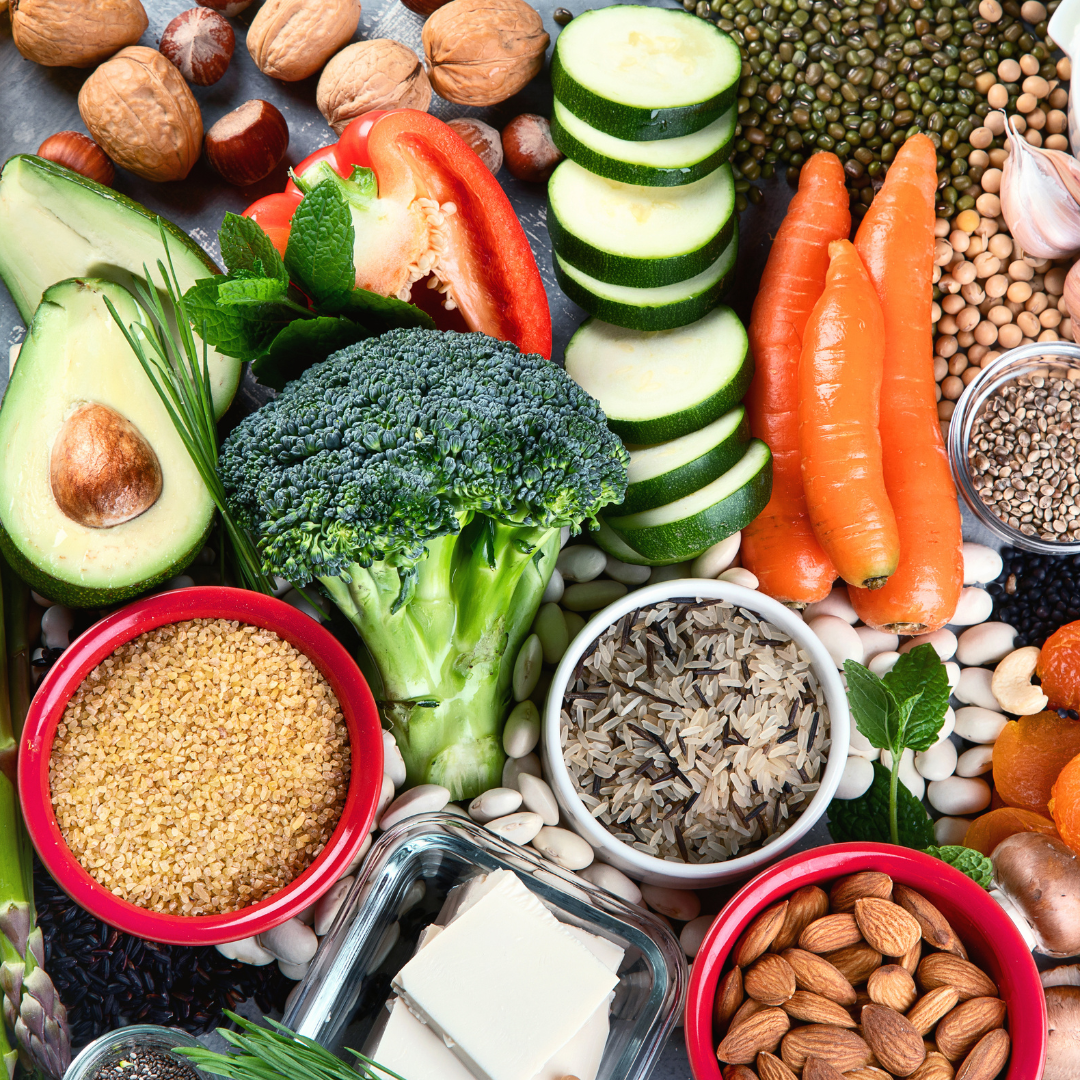A Guide to a Plant-Based Diet
What is a plant-based diet? It is a regime that excludes animal products. It also excludes meat, poultry, fish, and dairy, as well as eggs and honey. The benefits of a plant-based diet are numerous. Eating more foods that are made using plants can help lower the risk of developing chronic diseases such as diabetes, heart disease, and obesity. It can also reduce pesticide exposure, a key contributor to herbicide-induced cancer. In addition, it can help improve overall nutrition.
The “plant-based diet” craze has reached a feverish pitch recently, but how much do you know about it? The regime is relatively new and marketed as a healthier option for other well-liked meals. Some advocates of plant-based food believe that ingesting foods derived from animals and animal products is unethical, while others claim that consuming these foods can be harmful to our health. Plant-based foods are also derived mostly from vegetables, fruits, grains, nuts, seeds, and legumes. Plant-based eats emphasize whole foods, like fruit, whole grains, beans, and over-processed foods. Here are the guides to a plant-based diet.
Eat Lots of Vegetables.
It is important what you eat. You don’t have to cut out your favourite foods from a diet that only involves plants, but it should be balanced. Vegetables are an important part of a well-balanced plant-based diet and should be a critical part of your meals and snacks. They are packed with vitamins and minerals, especially folate (B9), potassium, protein, and fibre.
Change The Way You Think About Meat.
Meat has been a staple of the meal for centuries, but many people are becoming more familiar with the benefits of eating less of it. The health benefits of a plant-based diet have been touted for years, but many still wonder if it’s possible to go veggie and still eat like they’re eating meat.
Choose Good Fats
Choosing good fats is one of the guides to this type of diet. Many foods high in fat are also high in saturated fat, which can lead to increased cholesterol and cardiovascular disease. Fats are also a source of calories—one gram of fat contains nine calories, but each gram of protein contains just four. That is why it’s extremely important to choose the right foods to help you lose weight and keep it off.
Cook a Vegetarian Meal Tt least One Night a Week.
Eating meat should be about enjoying healthy food, not about convenience or price point. By choosing a plant-based meal at least one night a week, you can enjoy delicious vegetarian dishes without giving up the taste or nutritional value of meat. Try our recipe collection for delicious vegetarian meals you can make at home.
Include Whole Grains for Breakfast
Including whole grains for breakfast is one of the guides to a plant-based diet. Why? Because whole grains are not processed and contain more fibre, vitamins, minerals, and phytochemicals, this translates to better health and more energy.
Go for Greens
There are many benefits to following a plant-based diet, but one of the biggest is a lower risk of heart disease, type 2 diabetes, and some types of cancer. Going vegan or vegetarian can be a challenge at first, but here are a few tips to help you get started and stick with it. Greens are an important part of plant-based food. Sumac, collards, mustard greens, kale, and watercress are just a few greens that can be eaten raw or cooked. Try adding greens to your favourite meals, whether hen and egg, chili, or pizza.
Build A Meal Around a Salad
Plant-based meals are gaining traction, and dietitians, food writers, and cookbook publishers are catching on. The lifestyle is a diet that emphasizes foods such as fruits, vegetables, whole grains, and legumes. The food is popular with vegetarians, vegans, and those looking for healthier meals.
Eat Fruit for Dessert
Fruits and vegetables are an essential part of a plant-based diet, whether you’re vegan or not. This doesn’t mean you can’t enjoy your fruit after dinner. Many plant-based diners eat fruit for dessert. Having a low-fat dessert is a great way to satisfy your sweet tooth and your vegetable quota for the day.
While many think that being vegetarian or vegan is indulgent and rather extreme, however, it isn’t just for meat lovers or vegans. The guide to a plant-based diet is beneficial for everyone. No matter who you are or what you eat, this guide can help improve your health. It promotes a plant-based diet balanced with fruits, vegetables, and whole grains. The manual also recommends consuming 12 to 16 ounces of plant-based protein daily, such as beans, nuts, or soy products.


